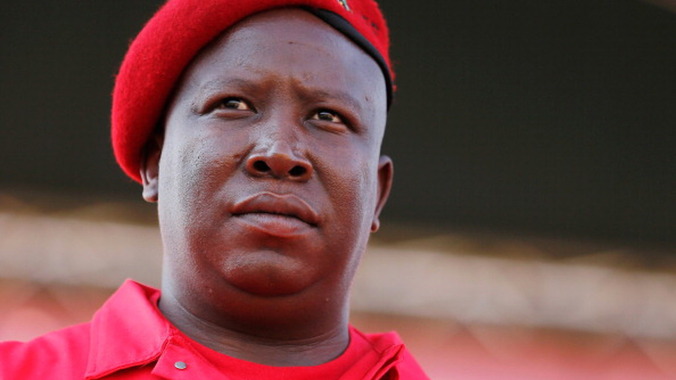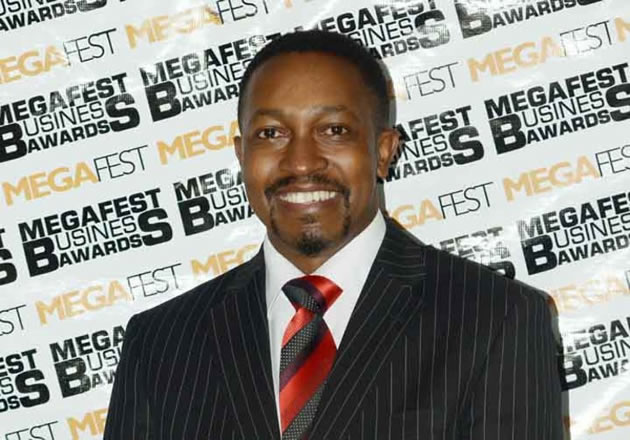What happens to your money in the bank?

Morris Mpala MoB Capital Pvt Ltd
THE recent collapse of some financial institutions has brought sad memories of yester year when banks were falling and recourse was longer.
Painful as it is, we seem not to learn from past experiences. Experience is the mother of worst teachers so be wise and learn from other people.
If in doubt get professional advice, it is always available at reasonable to zero cost.
As individuals we seem to be gullible at everything that glitters. There is one rule on investments when it looks too good to be true — let it pass.
If you can’t make head or tail on such issues then consult expert advice, which will be devoid of emotions, then make your decision.
At least make an informed decision on your risk and returns on a financial transaction. Precisely know what you’re getting yourself into, that’s the least you can do to yourself.
Instant rich pickings or miracle monies are a possibility but still get informed first and foremost.
On the other hand as I have said before and I shall repeat it, bankers/financial institutions are “sinners”.
Why? Bankers have always been the source of problems, you name it: “burning”, subprime chaos, over borrowing, inflation, being economic with the truth, punitive lending rates and lack of funding.
It is their sinful tendencies that have brought down many economies in the process affecting some people who don’t even understand banking.
We are not saying that they are all bad but the source of economic ills cannot be far away from the financial institutions’ sphere of influence.
They know it all so they should provide solutions to the world’s challenges or some remedy at least.
When one puts their hard earned cash into these institutions then one needs to know what happens to their money before they come and collect it.
Yes it is in the bank but where exactly is it?
Financial institution’s mandate is to make money using your money. And a depositor is to have their money kept safely until and when they require it. It will be kept at a small premium that will be paid as interest to them as and when they want to withdraw.
The institutions therefore have to make enough to pay depositors money plus interest and still make a profit to remain afloat.
It is this dynamic that leads banks to further channel depositors’ funds into various investment vehicles that will give them sustainable returns to then pass down to their clients. Those with the affinity for cash will then approach these institutions to borrow at a certain rate for a certain prescribed tenor.
So, the money you give to financial institutions does not necessarily mean it is in the bank.
These institutions can lend to the RBZ (Treasury Bills purchases), other bankers, lend to companies and individuals, build houses, buy insurance products, buy other companies, buy bricks or keep some in the bank to meet demand deposits by clients wanting their money.
Whatever is legally sound to make money they will do it. Whether these investment vehicles achieve intended results it’s another story but the intentions are always well intended for the making of money on any dollar from the depositors to avoid losses.
The ability to combine the facets of banking above then defines a good bank from a bad one. If this is not handled properly that is when there is gnashing of teeth between institutions and depositors, which eventually the depositors loses out due to limited liability principle in the Companies Act that makes such companies only as liable as to their asset holding and not in the directors personal capacities.
Since you can’t tell where your money is, as it is everywhere, the need to support business cannot be overemphasised.
The company that is selling ice-cream to you could be where your money is, the chicken that you are eating that could be where your money is, the juice card you are buying could be where your cash is.
When refueling at the service station know that that could be your money. That school you are sending your kids to, yes the recently refurbished, new bus and all it could be your money.
The new hospital could be your money. Those new flashy cars could be your money through bank loans. Those students managing to attend university it could be your hard earned cash.
The deposit that you made with the bank will now make you not to take a lot of things for granted. When you demand excellence in a product or service it’s your right as you will be safeguarding your deposits even though it was through the bank.
Demand good school pass rates, ask for superior products, ask for quality chickens, and challenge laziness where you can, rejoice in creme-de la-creme of businesses as the chances are it could be your money.
Support your local businesses and give them feedback as not doing so could be the difference of a good night sleep or not when you find that one day the bank cannot afford to pay you back your deposit because the businesses they gave your money to are failing to perform accordingly.
As an intertwined cash game, everyone needs to play their part. It is a network that needs to follow fundamentals for it to be successful and sustainable.
Yes, the Reserve Bank of Zimbabwe is also a place where your monies go to. Even as the lender of last resort, the central bank also borrows your money through your banks through Treasury Bills issues.
Even the central bank’s performance is key to your deposits. Some of your deposits are also deposited into deposit protection schemes to safeguard depositors when financial institutions collapse.
Think about this the next time you throw a deposit into the bank or financial institution. The money goes a long way to sustain what wasn’t obvious before this discussion.
The less money the banks have, the more expensive money is (high lending rates) and the more expensive goods/services to the detriment of the entire economy. The economy still has teething challenges and every little support it can get it will need it no matter how small because it’s a sums total game.
The money under your pillows could be the difference between having $100 billion economy in two years than the projected years.
That money you have no use for, why not park it at the bank to sustain other business in the country.
Now the onus is on the financial institutions to make people want to deposit with them.
Depositors need that incentive to invest in these institutions and at the same time go home and sleep comfortably knowing their funds are safe and are working for them.
The challenge is on both fronts when as a depositor you have no use for your money then park it somewhere safe where someone can access it that really needs it and on the other hand these institutions need to woo depositors with good returns on deposits. I think you are better advised to do so.
Happy banking and demand innovative banking products and get value for your money. Don’t say I was very economic with advice. It has become hard to get money these days so every penny counts.
l Morris Mpala is managing director MoB Capital (Pvt) Limited, a microfinance institution offering loans, micro-insurance and advisory services to small to medium enterprises as well as individuals.









Comments